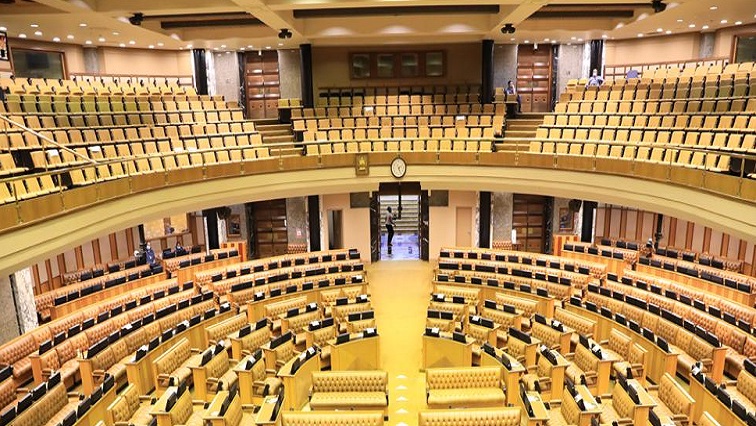African National Congress (ANC) Chief Whip Doris Dlakude says Parliament has made various strides in passing critical legislation to transform society. Dlakude was participating in debate on Parliament’s Budget Vote in the National Assembly.
“We continue to adopt legislations which seeks to transform our society. The social and economic transformation of our society will require us to continually adopt legislation which enables the resolution of hindrances to transformation. We have recently adopted the 18th Amendment Bill to amend section 6 of the constitution of the republic of South Africa. The amendment is to include South African Sign language as an official language to promote the rights of persons who are deaf and those with hearing disabilities. This is a transformative development.”
Meanwhile, Democratic Alliance (DA) Chief Whip Siviwe Gwarube says the doctrine of the separation of powers between the Executive, Parliament and the Judiciary is a critical feature of a constitutional democracy.
She was also participating in the debate on Parliament’s Budget Vote. Gwarube says the checks and balances of the three arms of the state is a hallmark of democracy.
“It is a reassuring feature of our democracy because we come from a history where this Parliament which was used to pass legislation that would oppress an entire generations of South Africans. And so there ought to be a great appreciation of the power that this institution has to change lives for better or for worse. When governments fail, Parliaments are the last line of defence for their people. After all it is in this House where the representatives of the true will of the people is presented. However, from the first Parliament to the sixth Parliament the steady decline of this institution has been glaring. It is as though the novelty of a hard won democracy has worn off.”
Dying institution
On the other hand, Economic Freedom Fighters (EFF) argues that Parliament was a dying institution when it arrived onto the political space 10 years ago. EFF MP Hlengiwe Mkhaliphi says Parliament has just been a rubberstamp of the executive in the last 27 years as it failed to introduce its own legislation.
“When we arrived here in Parliament 10 years ago, we found a dying institution. An institution that did not understand appreciate its role in South Africa’s democracy. We found an institution characterised by European tendencies, abiding by rules and practices of colonisers. People were dressed in a particular way because Europeans who were here before were dressed in a particular way. This legislative body did not have the capacity to draft legislation an still does not to this day. The majority if not all of the legislation assessed here in Parliament, since 1996, were introduced by the executive and ours is just to rubber stamp.”
Inkatha Freedom Party (IFP) Chief Whip Narend Singh says Parliament needs to reflect on how far it has gone to introduce legislation.
Singh says the institution should look at legislation that was introduced and passed by Parliament other than legislation that was introduced by the Executive.
“After all honourable chair and speaker, we don’t represent the executive. We represent the people out there. And we have got to speak on behalf of Parliament as an institution for the people, not the executive. And although the majority members in this Parliament may belong to the same party as the members of the executive, I think when it comes to Parliament and the work we gonna do, we gotta separate party and what we need to do in the interest of good governance.”

